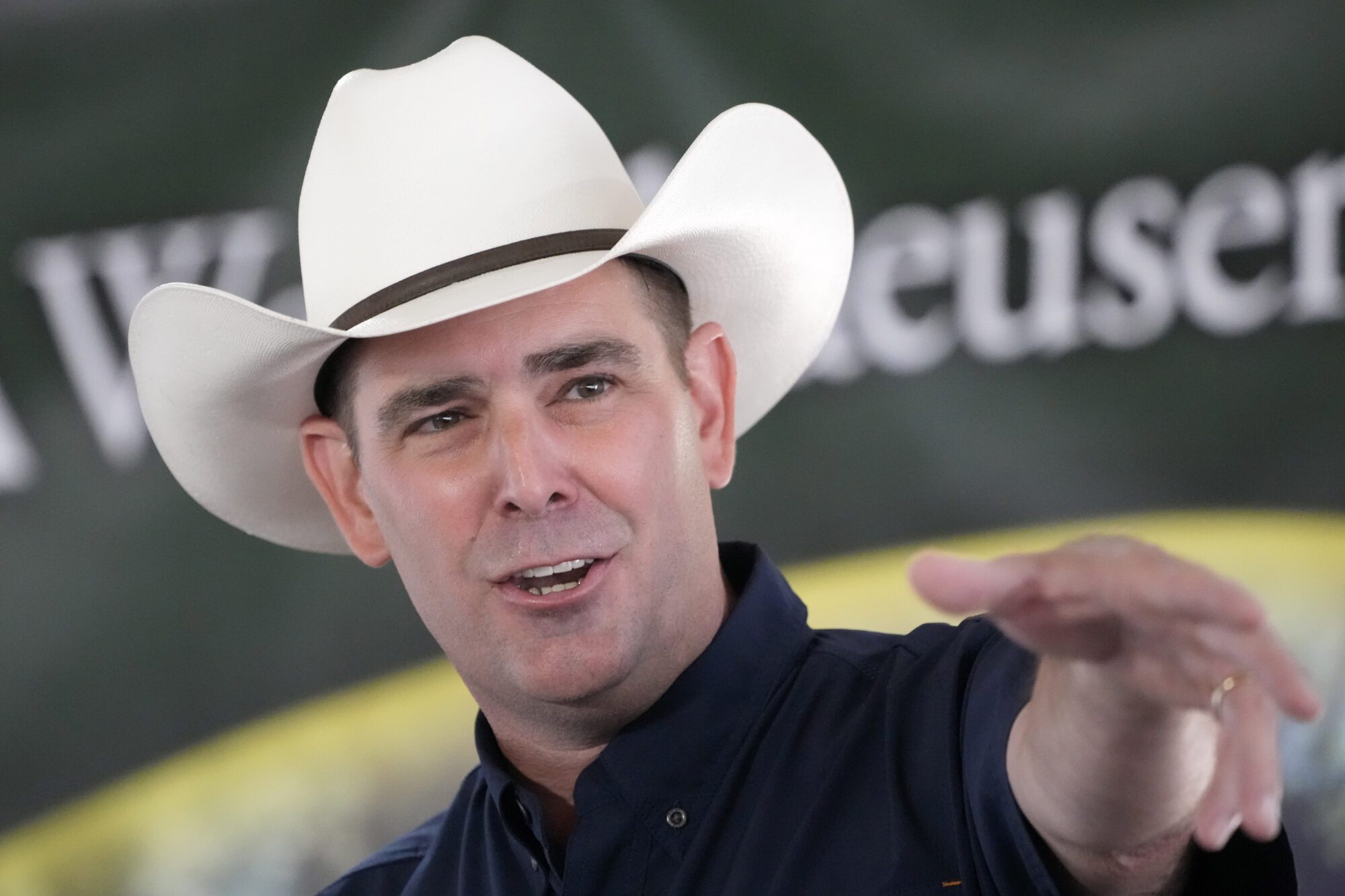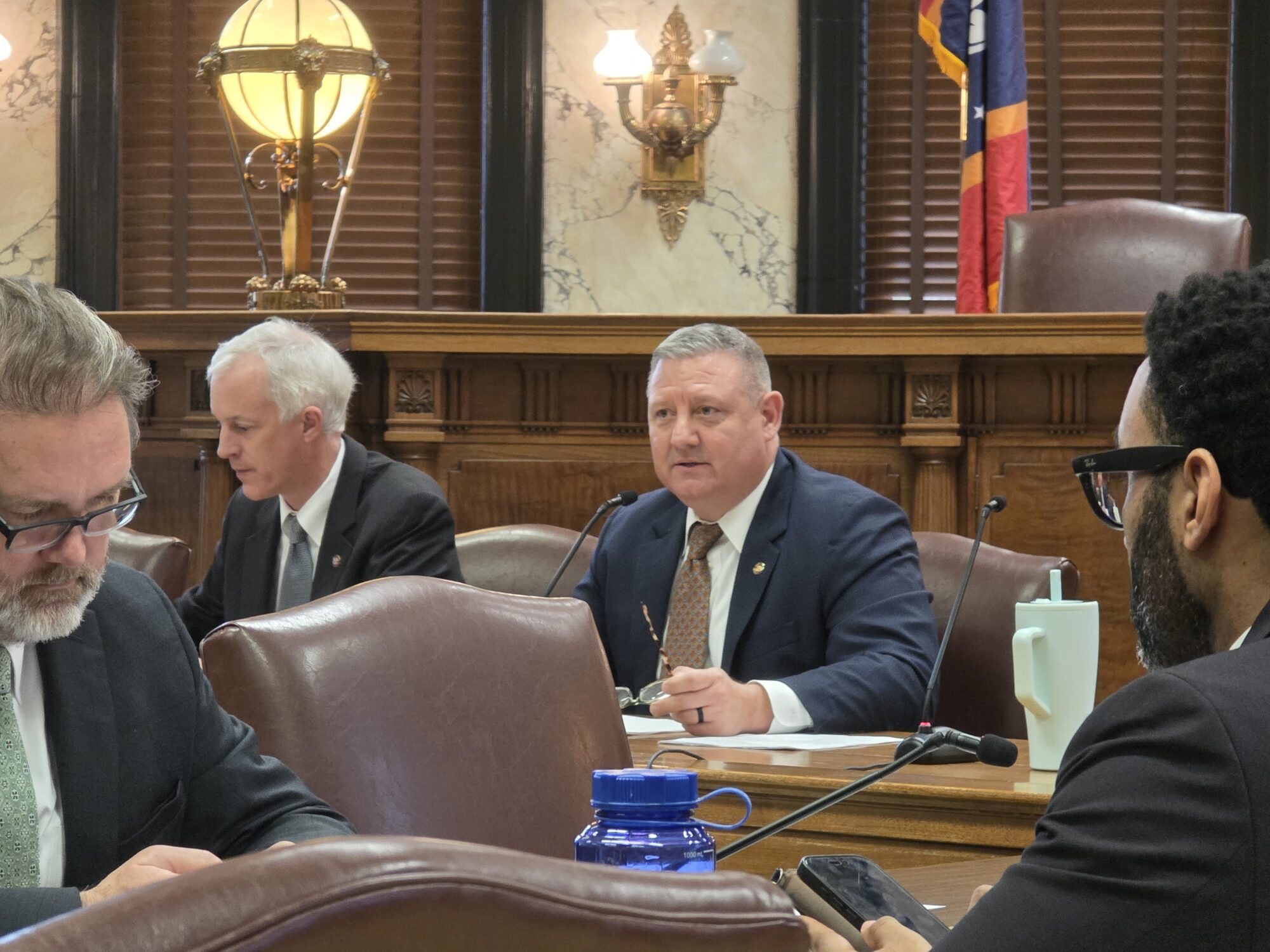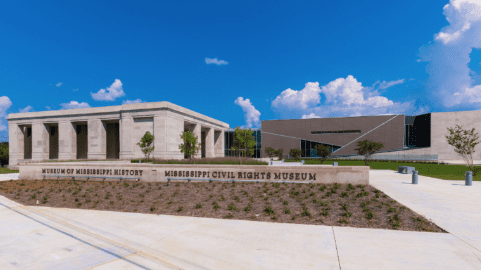
- Free enterprise has created abundant wealth for the average American. It’s under attack.
Under the humming fluorescent lights of a Walmart Supercenter in Mississippi, I counted. One … two … three … four … five. Five aisles of food.
For animals.
Standing in a discount store in one of the poorest state in America, I was struck by this realization — the options available to our family dog greatly exceed those available to many people in struggling countries.
In challenging our nation’s “excess,” advocates for greater government control of our economy and our lives, might view my Walmart “eureka moment” as evidence of capitalism’s misplaced priorities.
Yet they’d be wrong. Stores full of pet food are not the negative consequence of capitalism. This kind of consumer choice is both a symptom and a driver of human flourishing.

Nobel laureate Milton Friedman once said, “Most economic fallacies derive from the tendency to assume there is a fixed pie, that one party can gain only at the expense of another.” But the existence of wealth for one person, company, industry, or nation, is not the cause of poverty for another.
Where Americans once desired to emulate success, there is now a rising tide of hatred toward wealthy Americans and increasing support of efforts to accelerate the redistribution of wealth. The once verboten ideas of socialism and communism are being normalized on college campuses and bleeding out to broader society.
But attacks on free enterprise are not limited to the far left. There are an increasing number of voices on the right critical of free trade and market economies. They, too, are promoting greater government intervention in the economy, largely through the protection of favored companies and industries against competition and a rejection of free trade principles.
While the approaches and arguments may sound different, both are premised on the idea of a fixed economic pie. Both are wrong. Empty store shelves in third-world countries are the result of command and control economics. They are not empty because other stores’ shelves are full.
No civilization has ever perfectly executed a system of political and economic thought, and none ever will, but there are clear hallmarks of prosperous societies. The rule of law is one. Protection of property rights is another. A third is simply that people should be able to use their talents, as they wish, to create value for others through voluntary commerce.
Under this framework, the more value a person creates, either through productivity or innovation, the more wealth they accrue. This is what a freedom-based meritocracy looks like. It’s also mutually beneficial. Sticking Elon Musk on an assembly line in the name of labor ‘equity,’ for instance, would not just hurt Musk, but all of society, which would be deprived of his innovations that make life better.
The success that bred aisles full of pet food was not a cosmic coincidence. Previous systems of government and economics stifled human progress. Indeed, for most of our history, the human story was one of abject poverty, turmoil, disease, and early death. At the turn of the 19th century, the confluence of the rule of law, defined property rights, and burgeoning voluntary commerce in early America created an unprecedented environment for growth.
In the 224 years since, progress has been made by orders of magnitude. Adjusted for inflation, per capita GDP has multiplied nearly 23-fold, literacy rates have skyrocketed, and life expectancy has nearly doubled.
Technologies that could not be fathomed just a decade ago are now commonplace, from the poorest communities to the poshest. Diseases that were once death sentences can be treated with a pill. Hunger has largely been eradicated. Freer trade has brought billions of people out of poverty. For the first time ever, there are more middle-class and wealthy people in the world than there are poor.
It turns out that when people are liberated and empowered to earn success by helping others, they do just that. This freedom yields competition that leads to greater efficiency, specialization, and innovation, which in turn means new jobs, more growth, and expanded choice. The pie doesn’t have to be re-sliced. It gets bigger.
In some ways, we are victims of our success and the poison of envy. Viewing the opulence of others, it is easy to forget how blessed the average American is relative to the rest of the world. It’s also en vogue to errantly assume, despite the substantial evidence to the contrary, that our blessings would have manifested outside of a free enterprise system.
In 1942, another Nobel-winning economist, Joseph Schumpeter predicted that the American experiment would collapse from inside when people jettisoned the very system that fostered our abundance in the first place. The prediction seems particularly prescient today.
Like generations before, current generations face unique challenges that threaten progress. As before, these challenges are not the result of free enterprise, but deviations from it.

A 2017 poll found that 62 percent of Americans believe the economy is rigged against them. They are not wholly wrong. The American dream — the very idea that people can work hard to rise and succeed in pursuit of their passions — is being slowly extinguished under mountains of red tape and runaway debt that threatens future generations.
Endemic corporate welfare rewards political influence over activity that actually improves lives, reinforcing a two-tiered society that pits people against each other. Because the rule of law is not fully upheld, people now confuse cronyism with free enterprise, and rent-seeking with earned success. Public trust in key institutions is being destroyed.
These are serious, deeply ingrained problems. But the solution is simple — we need to remember why there are five aisles of pet food in a Walmart in Mississippi.










